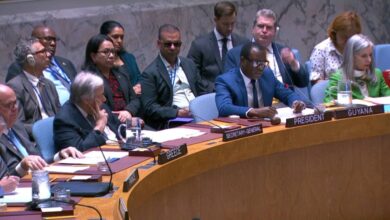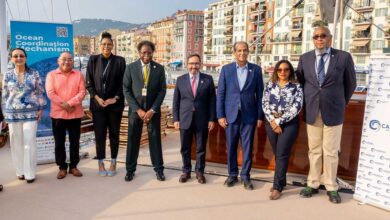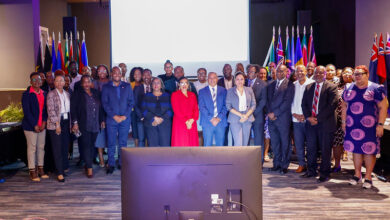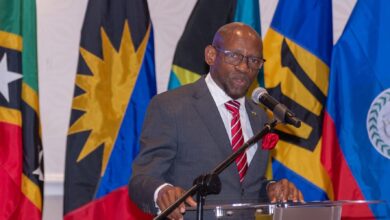The United Nations Educational, Scientific and Cultural Organisation (UNESCO) will be providing support to Caribbean countries to enable them to achieve the Sustainable Development Goals (SDGs).
The SDGs, consist of 17 goals that are focussed on ending poverty and hunger, improving health and education, making cities more sustainable, combating climate change, and protecting oceans and forests. They build on the Millennium Development Goals (MDGs), which countries had committed to achieving by 2015.
A meeting of the UNESCO Cluster Office for the Caribbean in Montego Bay last week outlined the way forward in strengthening UNESCO’s work in the region towards achieving the SDGs and anchoring the priorities of Small Island Developing States (SIDS) in the post-2015 development agenda.
Director and Representative, UNESCO Cluster Office for the Caribbean, Katherine Grigsby, said the organisation’s contribution to the post-2015 development agenda includes several key focus areas that are particularly relevant among Caribbean countries and SIDS.
This includes the target for quality education with indicators covering Early Childhood Development (ECD), Technical and Vocational Education and Training (TVET), literacy, teachers, among others.
“This will help to safeguard inclusive and equitable quality education as well as promote lifelong learning opportunities for all,” Ms. Grigsby pointed out.
She said that in order to ensure the attainment of the education target, UNESCO, over the next 15 years, will support member states through policy advice, technical assistance, capacity development and knowledge sharing of best practices.
Other priority areas are: addressing climatic and weather conditions; ensuring full realisation of the human right to water and sanitation; promoting peaceful and inclusive societies for sustainable development; providing justice for all; and building effective, accountable and inclusive institutions at all levels.
The UNESCO Director said that ensuring public access to information and protecting fundamental freedoms, in accordance with national legislation and international agreements, are also relevant targets for the region.
Access to information helps to ensure that the public remains informed. A free flow of public information and independent debate and analysis in media and civil society is crucial to ensure the effective use of data. UNESCO recognises that freedom of expression and its corollary, media freedom, including the safety of journalists, are important indicators for the sustainable development goals,” she said.
Secretary-General of the Jamaica National Commission for UNESCO, Everton Hannam, said that the involvement of experts is important to the overall exchange of information and would spur greater overall involvement.
Secretaries-General from 12 Caribbean territories attended the forum, which was held in collaboration with Jamaica National Commission for UNESCO.
The UNESCO Caribbean Cluster Office, based in Kingston, serves 13 member states and five associate member states in the English and Dutch-speaking Caribbean. The mandate of the office is to serve the Caribbean countries in the pursuit of peace, eradication of poverty, sustainable development and inter-cultural dialogue through programmes in education, culture, natural sciences, social and human sciences, communication and information. (Jamaica Information Services Press Release)






